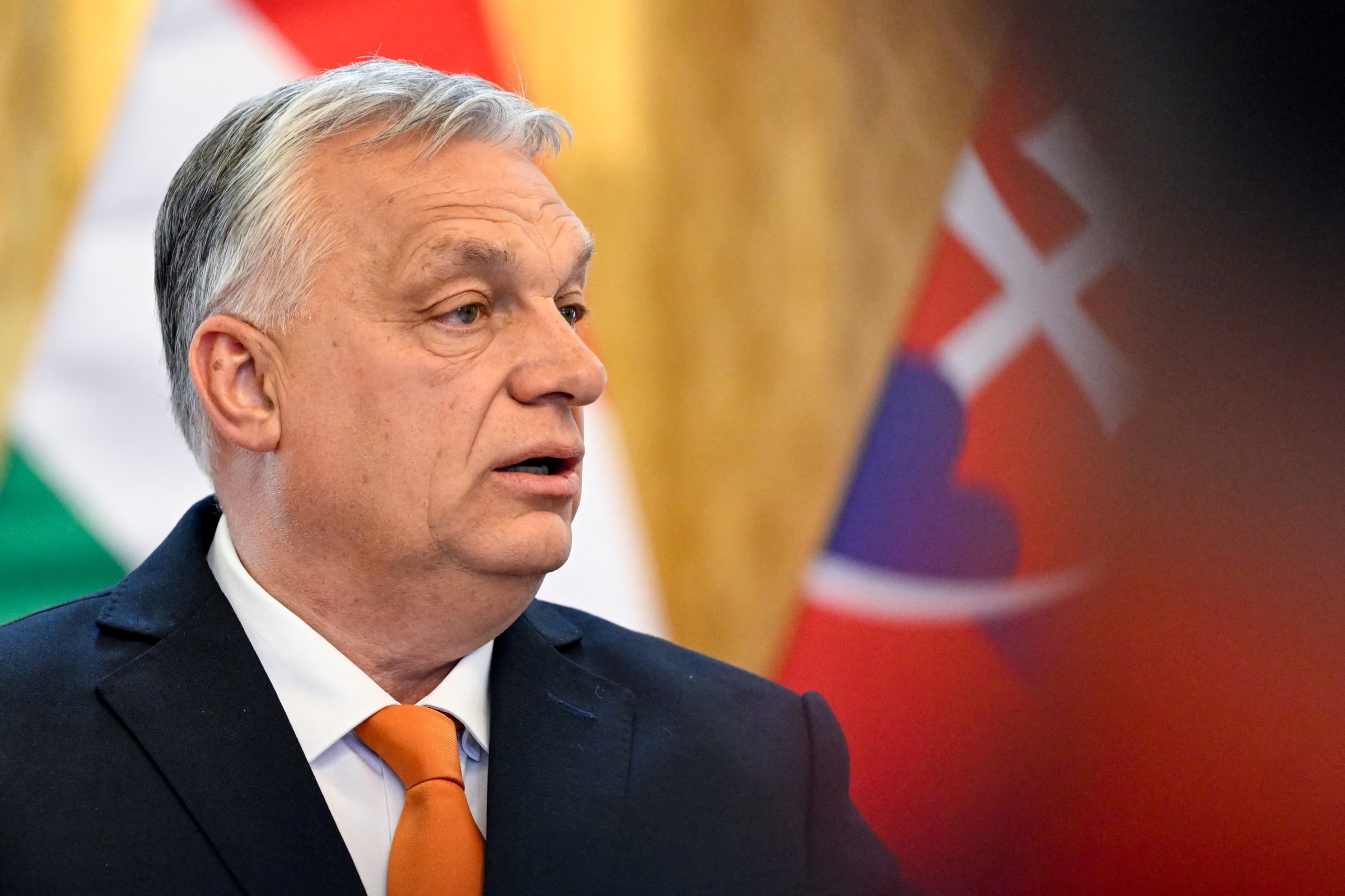
Hungarian Prime Minister Viktor Orbán, ever the iconoclast on the European stage, has once again made his position abundantly clear: when it comes to Russian energy, Budapest plays by its own rules. In a move that lays bare the cracks in Western unity, Orbán announced that Hungary is actively “exploring ways” [1] and “working on finding a way” [3] to circumvent the freshly imposed U.S. sanctions on Russian oil companies. The U.S. sanctions, targeting giants like Lukoil and Rosneft, were enacted on October 22 [6], and Orbán’s defiant stance came just two days later [3], [5]. This isn’t mere rhetoric; it is a calculated public declaration that Hungary has no intention of abiding by these restrictions [5].
Orbán’s Gambit: Defying Washington on Russian Oil
For years, Orbán has cultivated an image as a leader willing to challenge the prevailing narratives from Brussels and Washington. His latest pronouncement regarding U.S. sanctions on Russian oil is entirely consistent with this pattern, yet it carries particular weight given the ongoing geopolitical tensions. He explicitly stated, “We are working on ways to circumvent these sanctions” [7], a direct challenge to the effectiveness of U.S. foreign policy tools.
A Calculated Move
Orbán’s government hasn’t offered specifics on how it plans to bypass these sanctions [3], a detail perhaps less important than the sheer audacity of the announcement itself. This isn’t just about avoiding a few penalties; it’s about asserting national interest—or at least Orbán’s interpretation of it—over collective Western action. The declaration reveals Hungary’s deep-seated dependency on Russian energy, a reliance that Orbán seems determined to maintain, even at the cost of diplomatic friction.
The Pipeline’s Grip
At the heart of Hungary’s predicament, and Orbán’s defiance, lies the Druzhba pipeline. MOL’s refineries in both Hungary and Slovakia, with a combined processing capacity of 14.2 million tons of crude oil per year, are critically dependent on Russian crude delivered via this crucial artery [2]. This stark economic reality underpins Orbán’s position, illustrating that for Hungary, breaking away from Russian energy isn’t merely a political choice but an immense logistical and financial undertaking. The EU also introduced new curbs on the Russian oil and gas sector in its 19th sanctions package, adding another layer to this complex energy landscape [7].
Undermining Western Resolve
Orbán’s willingness to openly seek avenues around sanctions targeting Russia threatens to undermine the very principle of unified Western pressure. While he has given no indication that he plans to overtly defy the restrictions [3], the act of “circumventing” them, as he puts it, achieves a similar practical outcome. This posture feeds into a broader narrative of division within the transatlantic alliance, emboldening those who believe that sanctions against Russia are either ineffective or misguided. Orbán’s actions are a clear signal that, for some European leaders, economic pragmatism, or perhaps political expediency, trumps solidarity.
Sources & Footnotes
- https://hmintelligence.org/hungary-is-trying-to-circumvent-us-sanctions-on-russian-oil/ ↩
- https://newsukraine.rbc.ua/news/hungary-seeks-way-to-circumvent-us-sanctions-1761301160.html ↩
- https://english.alarabiya.net/News/world/2025/10/24/hungary-working-on-circumventing-us-sanctions-on-russia-pm-orban- ↩
- https://www.youtube.com/watch?v=1pV1lyAicSI ↩
- https://www.breitbart.com/europe/2025/10/24/viktor-orban-hungary-planning-to-circumvent-trump-sanctions-on-russia/ ↩
- https://www.bgnes.com/economy/orban-hungary-is-looking-for-ways-to-circumvent-us-sanctions-against-russian-oil ↩
- https://insiderpaper.com/hungary-looking-at-ways-around-us-sanctions-on-russian-oil-orban/ ↩

Leave a Reply